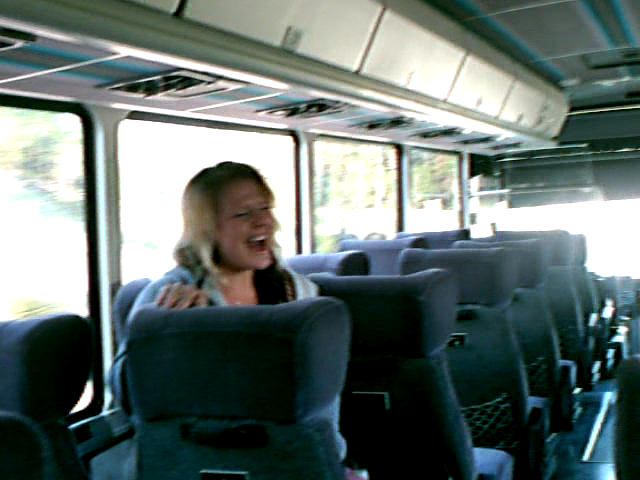Under Armour is investigating claims of a data breach. Here’s what customer
info may have been compromised.
-
Athleisure-wear maker Under Armour is looking into a possible cyberattack
that may have compromised data for millions of users — although no evidence
has e...
1 hour ago





















+NEW+YORK+hot+movie+008.jpg)
+LasVegas+gals+vlcsnap-16038.png)





IMAGE PROBLEM as in polluted plus corrupted SOFTWARE ...
ReplyDeleteIn the new poll, nearly two-thirds of self-described Republicans see insufficient leadership and explanation of policies as the reason the party has endured a string of popular vote defeats. About eight in 10 Democrats take the opposing view — that the issue with the GOP is that it is too conservative from a policy perspective — as do a slim majority of political independents.
Not surprisingly, the GOP also doesn’t compare very favorably to the President:
President Obama has a whopping 26-point advantage over congressional Republicans in the new Post-ABC poll when it comes to whom people trust to protect the middle class (58 to 32 percent). That certainly puts the pressure on the GOP to adjust, as does the well-documented lack of support among non-white and younger voters.
It’s a perception that appeared to hurt Republicans at the ballot box in 2012. According to the 2012 exit poll, a slim majority of voters said Republican nominee Mitt Romney’s policies, if he had won, would have favored the rich. By contrast, a plurality of voters said Obama’s policies generally favored the middle class.
But, there are divisions within the Republican Party about how to proceed. Fully 73 percent of conservative Republicans see the main issue as one of leadership and communication, a number that slides to 55 percent among moderate and liberal Republicans, 38 percent of whom see a need for a policy shift.
Political independents also divide along ideological lines, with a majority of conservatives seeing leadership as the bigger issue (56 to 36 percent). Moderate and liberal independents see policy as the larger problem for the GOP by about two-to-one, 61 to 32 percent.
These are problems that have been developing for the GOP for quite some time now. In many respects, I’d submit that they started in the Bush Administration but that their full impact was largely minimized by the fact that, eight months after Bush became President, we were thrust into a War On Terror that diverted public attention from other aspects of the Bush Administration’s agenda. Had the 9/11 attacks not occurred at all, then the history of the first decade of this century would have been very different and things like the Terry Schiavo case would have had a far more devastating impact on the GOP’s image than they actually ended up having.
More importantly, though, the GOP has spent the last four years or so completely misreading the American public. Despite poll after poll showing that the majority of Americans want leaders in Washington to work together to solve the nation’s problems, Republicans have engaged in a strategy of gridlock and delay that clearly hasn’t helped their image with the public. When they won a House Majority in 2010 based largely on the state of the economy at the time, they misinterpreted it as an endorsement of the Tea Party agenda and proceeded to spend two years adopting measures in the House that had no chance at all of succeeding in the Senate. Indeed, they voted to repeal Obamacare some thirty-three times over the course of two years for reasons that nobody seems able to explain. Now, they’re approaching the fiscal cliff negotiations by taking a position on taxes that is in complete opposition to where the majority of Americans stand on the issue.
This can’t continue for much longer if the GOP wishes to continue to be a true national party.